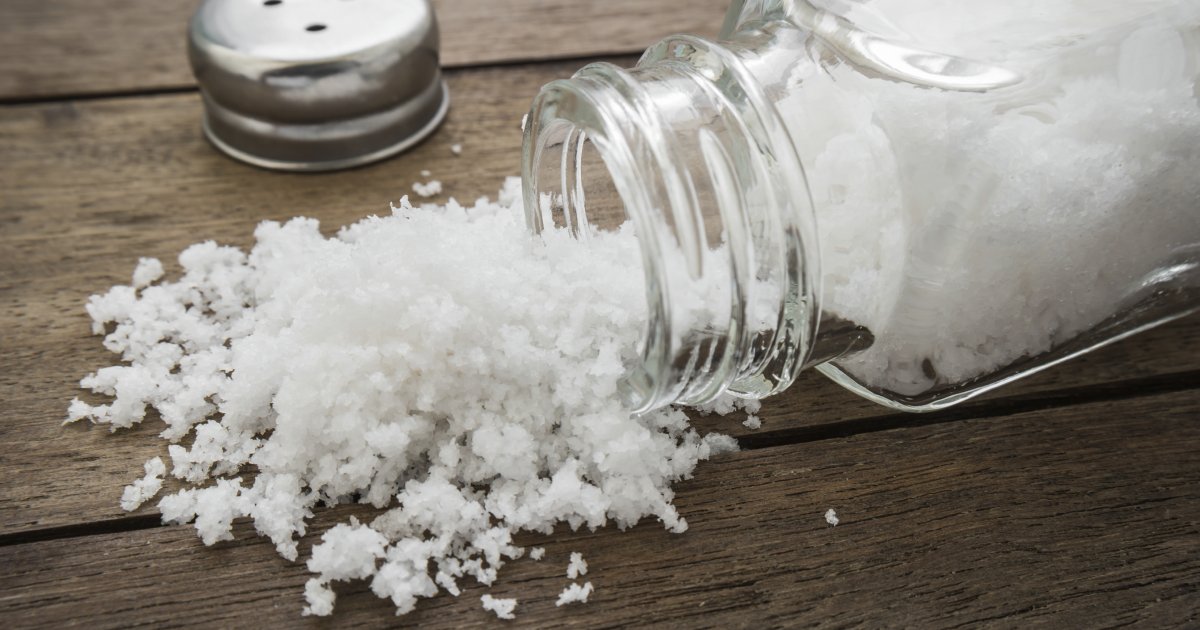Major Symptoms Of Adrenal Insufficiency
Depression

Individuals who have adrenal insufficiency may present with symptoms of depression as a result of their disorder. Numerous factors that occur in this disorder can trigger depression. Cortisol in the body has a significant influence on an individual's healthy sleep-wake cycle, and sleep difficulties have proven to trigger depression. Reduced cardiovascular output and low blood pressure from lack of cortisol can cause a patient to feel frequently fatigued and contribute to depressive feelings. In healthy individuals, cortisol manages glucose levels and reallocates energy from nonvital organ systems to the neuromuscular system and actively functioning brain throughout the day. Without this energy distribution management mechanism due to lack of cortisol, depression can be triggered by decreased energy levels, weakness, and mental fatigue.
Low serotonin levels are associated with depression and can be caused by an increase of cytokine production, a process of which cortisol is responsible for mediating. Pro-inflammatory cytokines activate the TRYCAT pathway that steals a compound called tryptophan away from the brain's healthy production of serotonin. Furthermore, nociceptors become sensitized due to a long duration of elevated cytokine levels not managed due to a deficiency of cortisol. Sensitized nociceptors present as an increase in sensitivity to pain, and chronic pain often leads to depressive disorders.
Craving For Salt

An individual experiencing an excessive craving for salt may have adrenal insufficiency. This symptom is most often caused by the patient's immune system attacking their adrenal cortex. This autoimmune action impairs the adrenal cortex function of producing mineralocorticoids in response to signals sent from the kidneys. The kidneys send signals when the fluid levels in the body become too low or too high. Aldosterone is a mineralocorticoid produced by the adrenal gland that stimulates the kidney's action of reabsorbing sodium into the blood and releasing potassium into the urine, saliva, sweat, and gastrointestinal tract. This mechanism works well in healthy individuals to ensure they maintain a proper homeostatic balance of fluid.
However, adrenal insufficiency means the adrenal glands do not supply aldosterone, resulting in the opposite effect. The kidneys actually excrete too much salt and hold onto too much potassium. This malfunction is dangerous because salt takes fluids with it from the body when it is excreted, resulting in excessive fluid loss. When the body is losing more fluid than it is taking in, the individual is dehydrated. The brain will increase an individual's craving for salt when they are dehydrated to encourage fluid intake.
